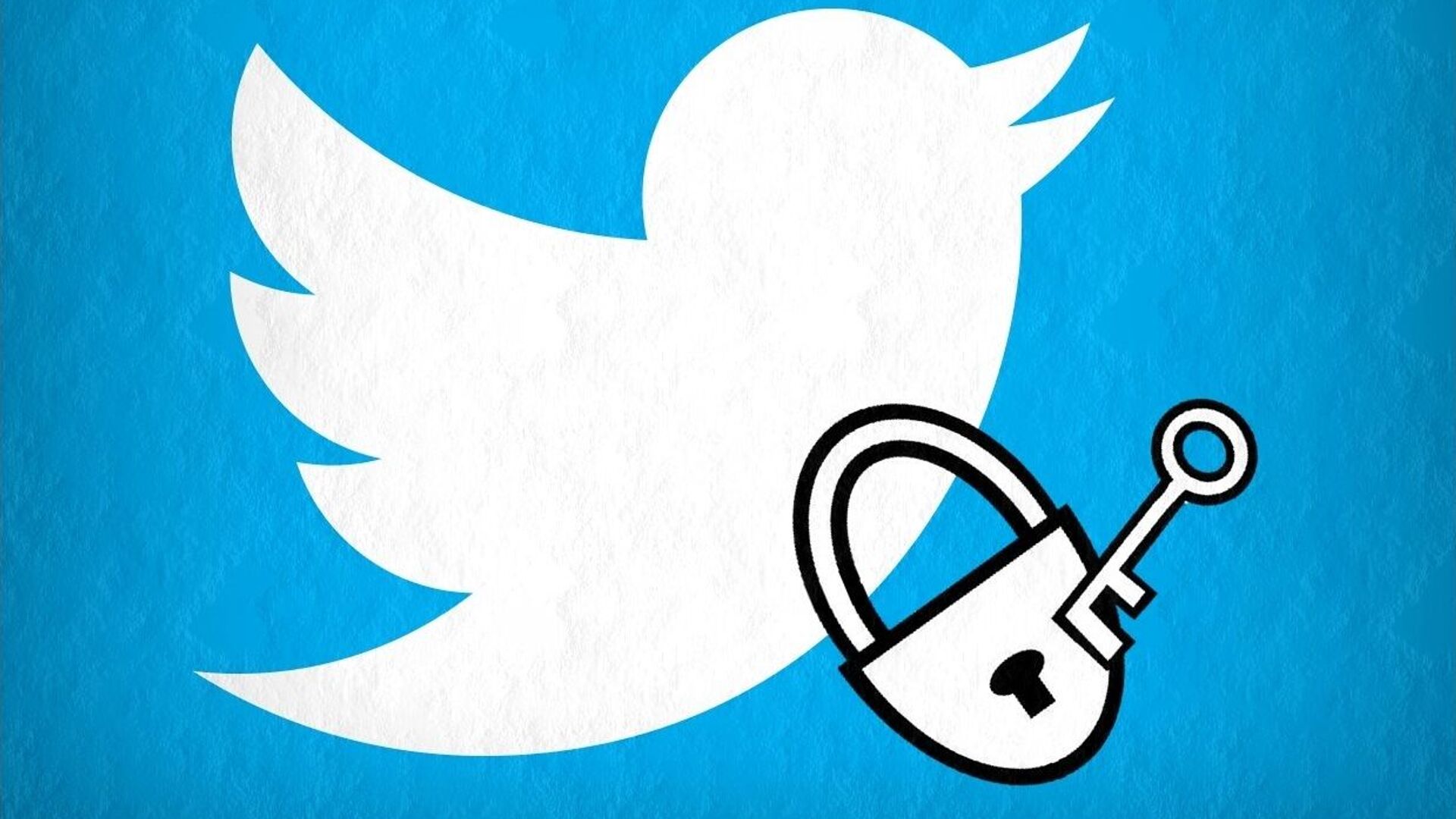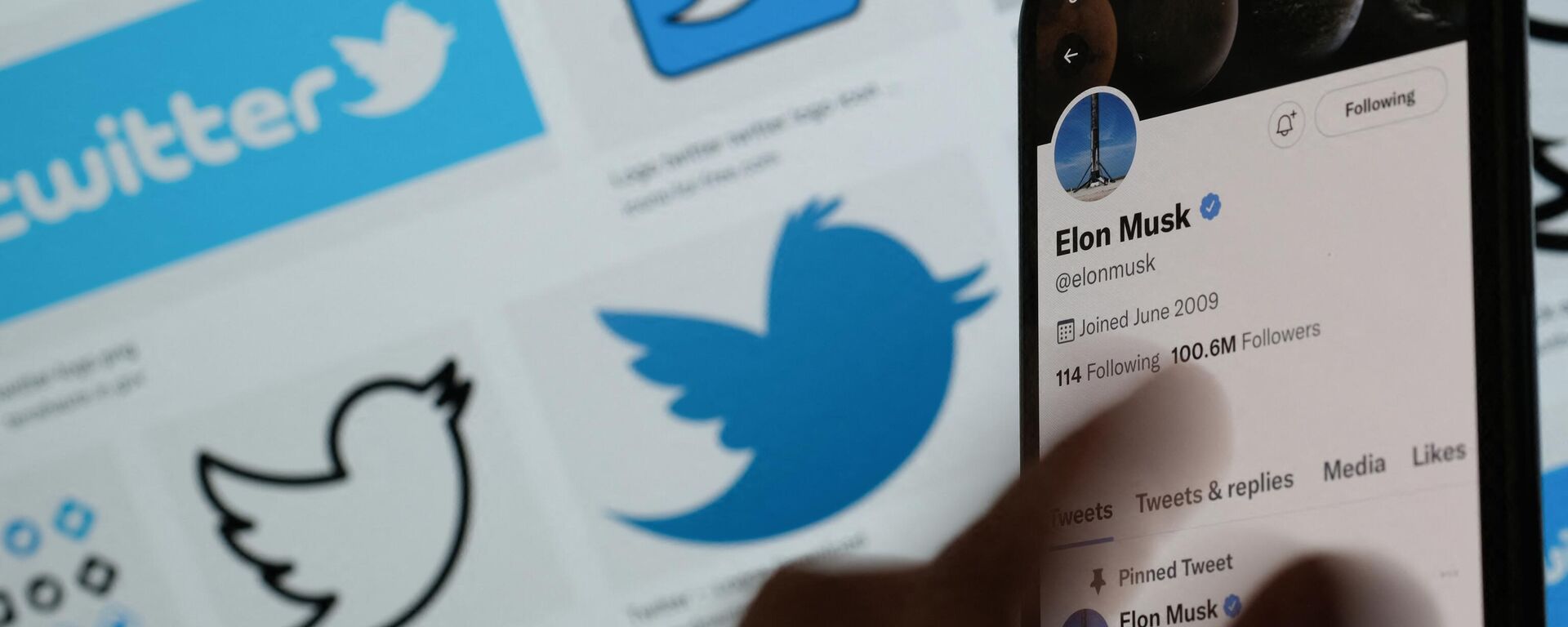Twitter Scraps All ‘State-Affiliated Media’ Labels, Sparking Media Meltdown
03:13 GMT 22.04.2023 (Updated: 05:40 GMT 30.04.2023)
Subscribe
Just after midnight on April 21st, Twitter’s new ownership capped off a momentous day which saw thousands of celebrities’ verified check marks suddenly disappear from their profiles by reversing one of the social media giant’s most widely-criticized decisions and eliminating ‘state-affiliated media’ labels altogether.
Social media behemoth Twitter is being both celebrated and vilified after reversing course on a controversial decision which saw outlets which receive money from governments get publicly labeled "state-affiliated media."
The labels have existed for several years, but were applied exclusively to publications like Sputnik and RT which receive funding from countries the US is targeting for regime change – including Russia, Iran, Cuba, and more.
Twitter has finally overturned its McCarthyite policy of selectively labeling journalists who work for outlets in countries targeted by the US for regime change as “state-affiliated media.”
— Wyatt Reed (@wyattreed13) April 21, 2023
A sad day for the Disinfo racketeers and NatSec creeps, but a great day for free speech.
After Twitter was purchased by billionaire Elon Musk, similar labels were affixed to Western government-sponsored outlets as well, including NPR, PBS, and Canada’s CBC – a decision which led the outraged North American publications to abandon the platform altogether.
But, strangely, none of those publications seemed terribly enthused by the decision.
"Twitter once muzzled Russian and Chinese state propaganda. That's over now," read a particularly morose headline from US government-funded NPR. A spokesman for CBC reportedly said the outlet still has no plans to return at this time, and is "reviewing this latest development and will leave [its] Twitter accounts on pause before taking any next steps."
Meanwhile, a former Twitter executive interviewed by NPR complained bitterly that "it's disheartening to see labels that were built to inform people be used as a tactic to mislead."
More independent voices, however, tended to welcome the decision.
As Australian journalist Caitlin Johnstone noted, "I’ve been very critical of Elon Musk’s Twitter takeover and generally dismissive of claims that his ownership is a marked improvement over the previous owners, but if this is for real I’ll have to eat a big steaming pile of crow, because Twitter functioning less as a US propaganda organ is indisputably a significant improvement."
In February, following Russia’s intervention in the civil war that had been plaguing Ukraine since 2014, Twitter extended the labels to a number of individual journalists employed by these outlets, including this reporter.
Last April, Twitter announced it was taking steps to "drastically" reduce the chance that users would come across content made by those the platform declared "state-affiliated – a category that includes numerous American journalists. Even after numerous ‘Twitter Files’ disclosures, it remains unclear what role the Biden administration may have played in the effort to stifle those users’ speech, but any government-directed censorship of US citizens would almost certainly constitute a violation of the First Amendment.
As of Friday, however, it may be a moot question.



